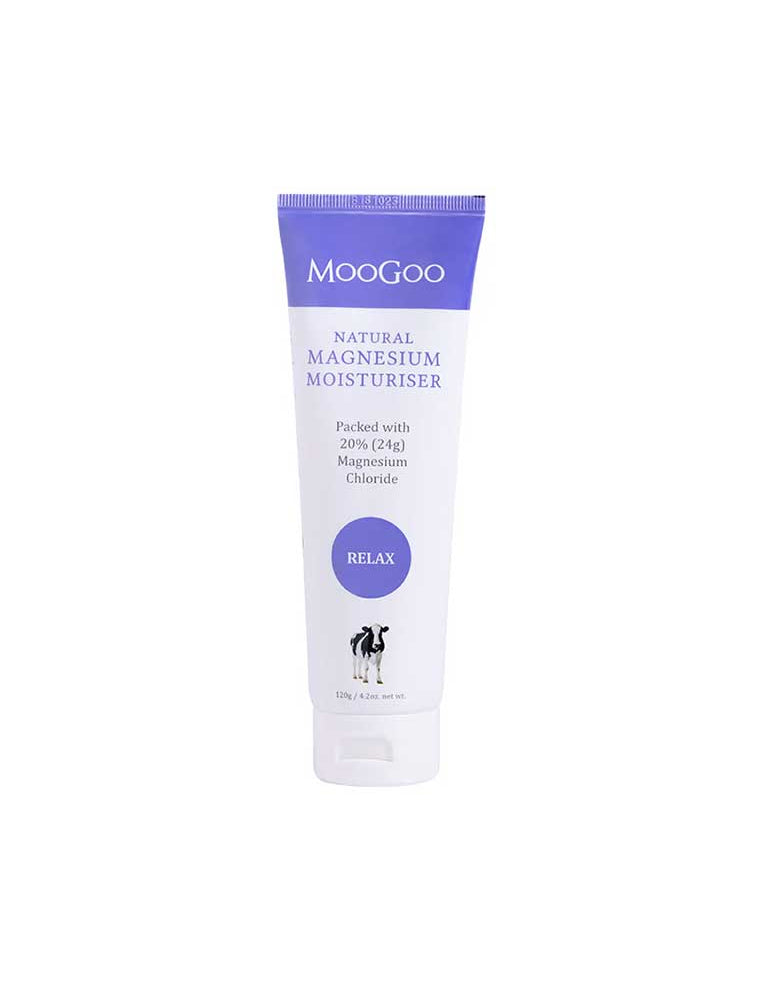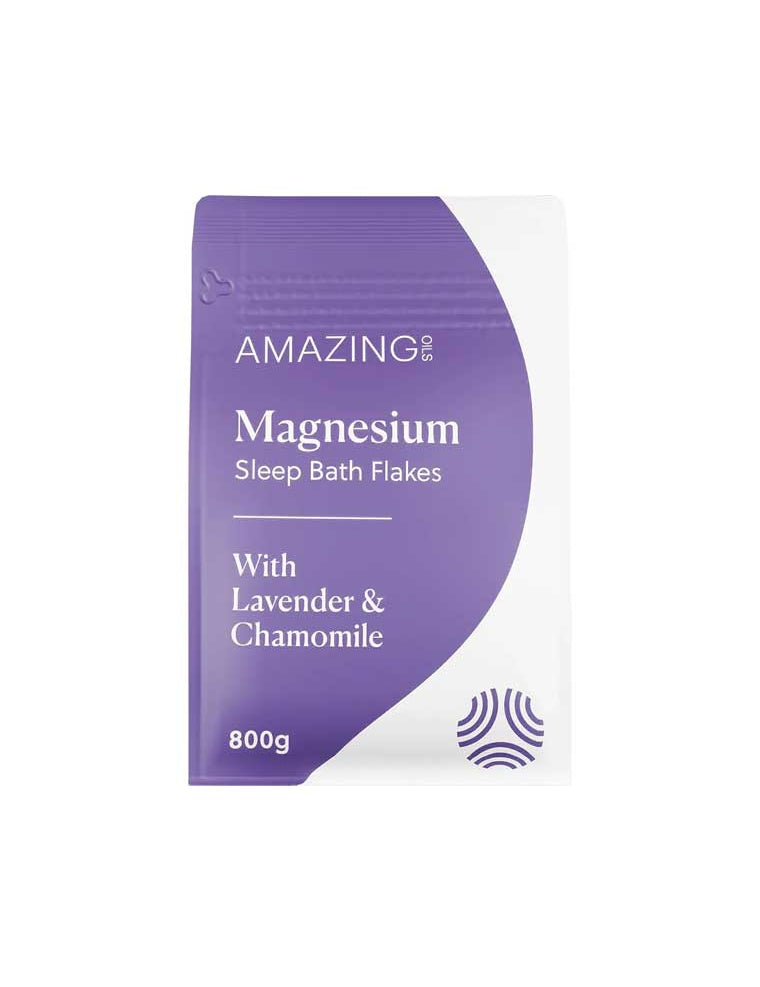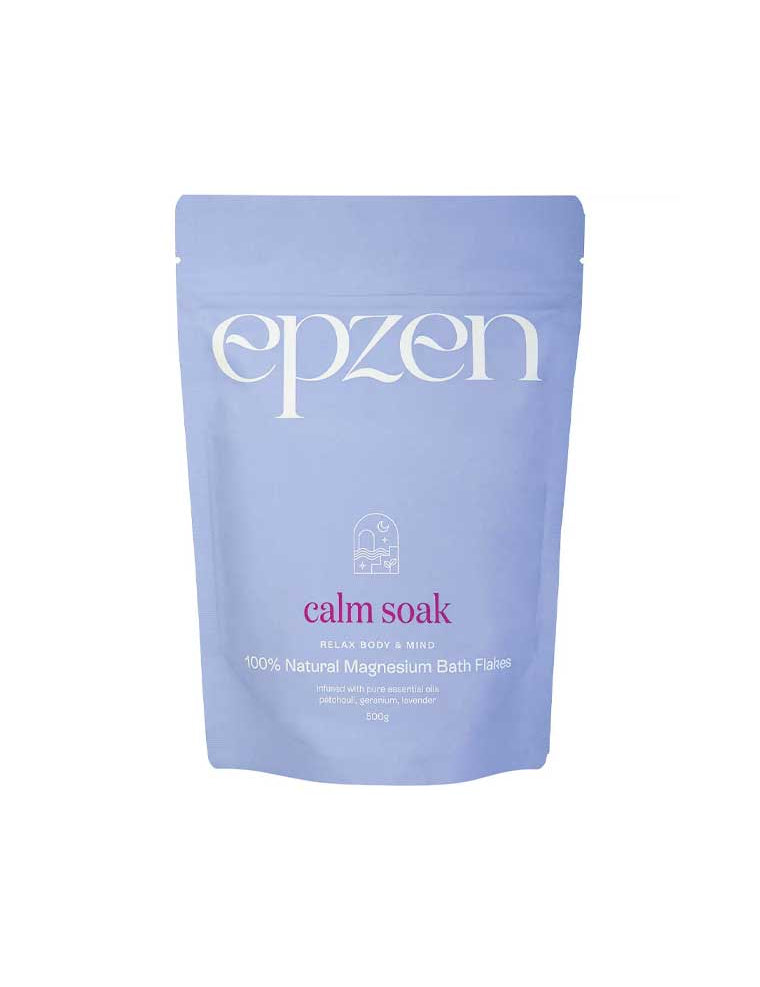
Magnesium and Sleep: Your Questions Answered
Find answers to common questions about magnesium and its relationship to sleep patterns and relaxation.
Popular Q&As for Magnesium and Sleep
1. What is the relationship between magnesium and sleep?
Magnesium has been studied in relation to various sleep-related processes: it's involved in the regulation of neurotransmitters that influence brain and nervous system activity; it has connections to GABA, a neurotransmitter associated with relaxation; it participates in melatonin metabolism, which relates to sleep-wake cycles; it plays a role in muscle function, which can affect comfort during rest; and it has been researched in connection with stress hormone regulation, including cortisol, which has relationships with sleep patterns.
2. How do people incorporate magnesium into bedtime routines?
Many people include magnesium as part of their evening rituals. Some enjoy a warm bath with Magnesium Bath Flakes in the hours before bed, followed by applying Magnesium Cream to legs, shoulders, and neck. Others take oral magnesium supplements in the evening as part of their nutritional routine. Regular patterns of use are common among those who incorporate magnesium into their wellness practices.
3. How long does it take to notice effects from magnesium?
Individual experiences with magnesium vary widely. Some people report noticing changes in relaxation and rest patterns relatively quickly when using topical applications like baths and creams, which have immediate physical sensations on muscles. However, addressing underlying nutritional status related to magnesium may take several weeks of consistent use. Those experiencing muscle tension or discomfort may observe different timeframes as magnesium interacts with muscular function in the body.
4. Is magnesium related to specific sleep patterns?
Research has examined magnesium in relation to various sleep-related experiences. Magnesium has been studied in connection with muscular comfort, including conditions like restless legs and nocturnal cramping that coincide with rest periods. Its role in nervous system function has been researched in relation to stress response, anxious feelings, and thought patterns during evening hours. In addition to our range of magnesium products, we also have a section dedicated to natural ingredients related to sleep.
5. Is magnesium suitable for regular use?
Magnesium is a natural mineral that the body utilises daily for many functions. Topical magnesium products have particular absorption characteristics, as the body regulates uptake according to its needs. Many people incorporate magnesium consistently into their evening routines as part of their relaxation practices. These products are generally considered gentle options that may also be suitable for children when used as directed and can be included in family wellness routines.
6. Can magnesium be used alongside other sleep-related products?
Magnesium is often used in conjunction with other natural ingredients related to relaxation and sleep. Our magnesium products provide mineral nutrition and can complement other natural approaches. You may be interested in exploring additional options like herbal teas, essential oils, or aromatherapy in our natural sleep ingredients section. Many customers create comprehensive evening routines that include several elements. When combining multiple supplements, it's advisable to review ingredients for potential interactions.
When considering any new diet, vitamins or supplements it is important to seek advice from your healthcare professional. ALWAYS READ THE LABEL AND FOLLOW THE DIRECTIONS FOR USE.

Earn Juicy Rewards
Login to earn Juicy Rewards on every order.








